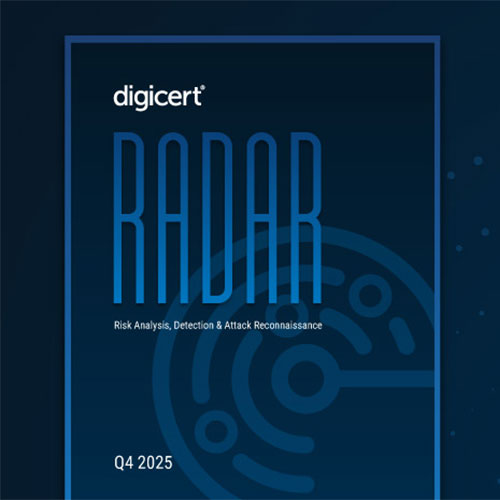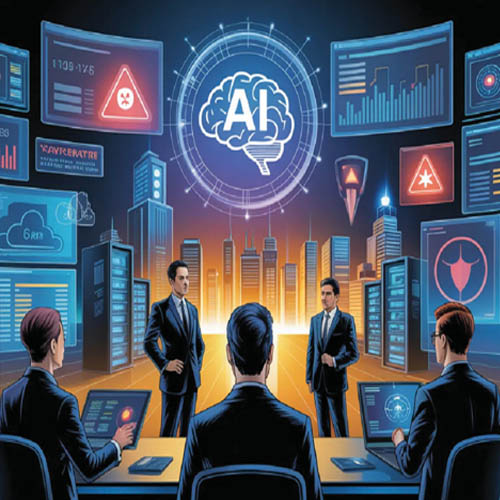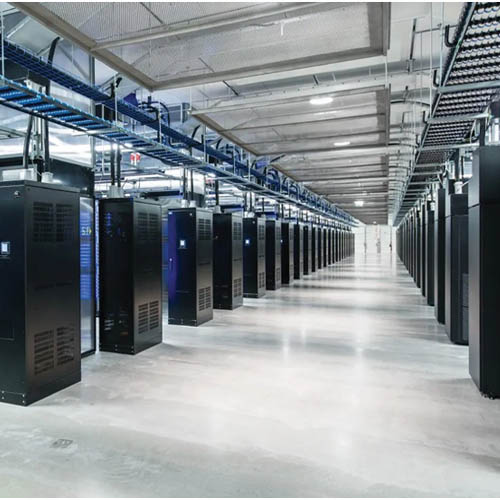
No industry is safe from disruption. Machine learning is a method of data analysis that automates analytical model building, which is study of computer algorithms that allow computer programs to automatically improve through experience and It is a part of artificial intelligence based on the idea that systems can learn from data, identify patterns and make decisions with minimal human intervention.
Artificial intelligence (AI) makes it possible for machines to learn from experience, adjust to new inputs and perform human-like tasks. Most AI examples that you hear about today – from chess-playing computers to self-driving cars – rely heavily on deep learning and natural language processing. Using these technologies, computers can be trained to accomplish specific tasks by processing large amounts of data and recognizing patterns in the data.
Now, the Machine learning becomes so advanced that, it can predict what will entice consumers to make purchases. Machine learning also can write ads that are showing a higher return than those written by humans. If this is all possible, can AI and Machine Learning help buyers understand pending trends, competitive pricing, and stock? There are so many amazing ways artificial intelligence and machine learning are used behind the scenes to impact our everyday lives and inform business decisions and optimize operations for some of the world’s leading companies. The edge of possibility will soon become the baseline customer expectation.
American Express processes $1 trillion in transaction and has 110 million AmEx cards in operation. They rely heavily on data analytics and machine learning algorithms to help detect fraud in near real time, therefore saving millions in losses. At the same time, Cars are increasingly connected and generate data that can be used in a number of ways. Volvo uses data to help predict when parts would fail or when vehicles need servicing, uphold its impressive safety record by monitoring vehicle performance during hazardous situations and to improve driver and passenger convenience. BMW has big data-related technology at the heart of its business model and data guides decisions throughout the business from design and engineering to sales and aftercare.
Telecom has presented its artificial intelligence-based voice assistant service for the home. Machine Learning is additionally helpful in decreasing churn rates, which can average every year from 10 to as much as 67%. Telecoms can prepare algorithms to anticipate when a customer is probably going to go to another organization, and what offer could keep them from doing it. Given the global value of AI, it’s no surprise the tech is spreading. worldwide AI revenue will hit $100 billion by 2025.
Lastly, investment into AI will shift from disruption to standardization. Companies that fail to leverage automated tools will cease to exist.
See What’s Next in Tech With the Fast Forward Newsletter
Tweets From @varindiamag
Nothing to see here - yet
When they Tweet, their Tweets will show up here.





























